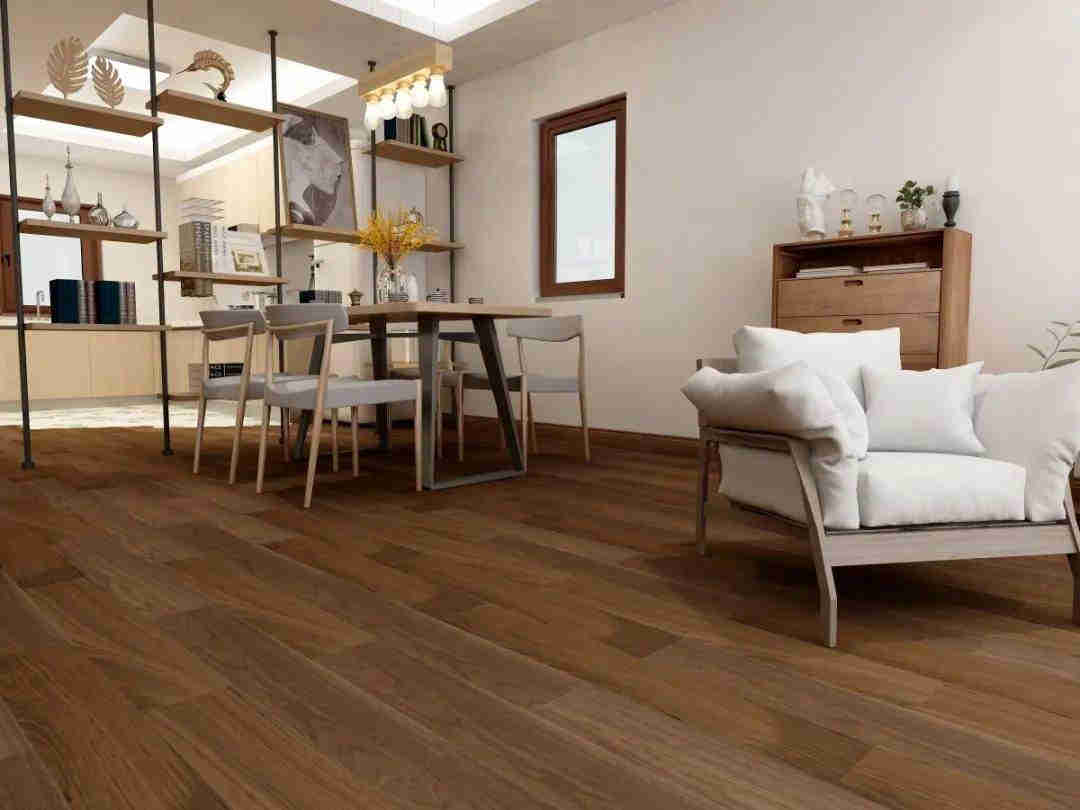
- Loose Lay: Loose lay installation is the most common and simplest installation method for PVC flooring. This method involves laying the flooring over the existing floor and securing it to the subfloor with double-sided tape.
- Glue Down: Glue-down installation is the most secure and stable installation method for PVC flooring. This method involves applying a special adhesive to the subfloor and then laying the PVC flooring over it.
- Floating: Floating installation is a popular installation method for PVC flooring. This method involves laying the flooring over a foam underlayment and then locking the tiles together. This method does not require any adhesive and does not need to be secured to the subfloor.
- Click Lock: Click lock installation is a newer installation method for PVC flooring. This method involves using special click-lock strips to join the tiles together and create a seamless installation. This method does not require any adhesive and does not need to be secured to the subfloor.
Facts about PVC Flooring
- PVC Flooring is a type of resilient flooring made from polyvinyl chloride.
- It is available in a variety of styles and colors, and can be used in both residential and commercial settings.
- PVC flooring is easy to install, durable, and cost-effective.
- PVC flooring is waterproof and can resist moisture and mildew, making it ideal for wet areas such as bathrooms and kitchens.
- PVC flooring is slip-resistant and can be installed over existing floors.
- PVC flooring does not require any special maintenance and can be easily cleaned with a damp mop.
- PVC flooring is hypoallergenic and perfect for people with allergies or respiratory sensitivities.
- PVC flooring is highly resilient and can last for years with proper care.
FAQs on PVC Flooring
How durable is PVC flooring?
PVC flooring is extremely durable and can last for many years with very little maintenance. It is also resistant to moisture, mold, and mildew, making it a great choice for areas prone to water damage.
Is PVC flooring environmentally friendly?
Yes, PVC flooring is an environmentally friendly option. It is made of recycled materials and is free of toxic chemicals. Additionally, PVC flooring is easy to clean, making it a great choice for homes with allergies and sensitivities.
What are the advantages of PVC flooring?
PVC flooring is a great option for many reasons. It is durable, easy to clean, and resistant to water damage. Additionally, PVC flooring is available in a variety of colors, designs, and textures, making it a great choice for any design aesthetic. It is also an affordable option, making it a great choice for budget-conscious homeowners.
Which Is the Best PVC Flooring for Home Use?
The best PVC flooring for home use depends on the particular needs of the homeowner. Some of the best options include luxury vinyl tile, vinyl planks, and PVC sheet flooring. All of these types of flooring are durable, easy to maintain, and available in a variety of colors and styles to suit any décor. Luxury vinyl tile is a popular choice for high-traffic areas, such as kitchens and bathrooms, while vinyl planks and PVC sheet flooring are better suited for low-traffic areas, such as bedrooms.







